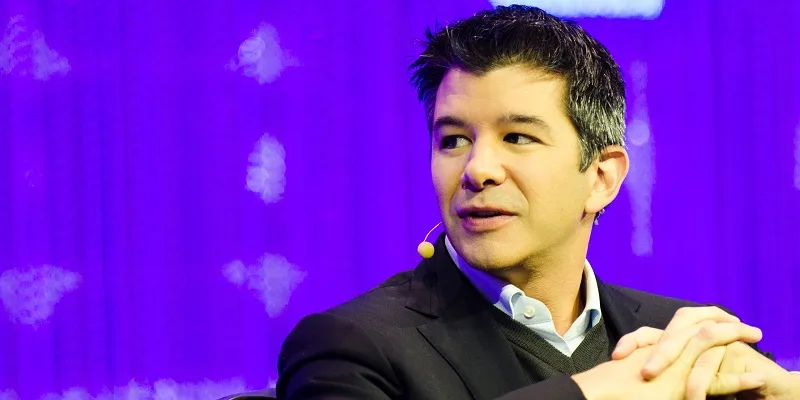Uber is switching 'surge pricing' with 'Upfront fares' to do away with surprises
While 'surge pricing', which relies on the economics of supply and demand, is a necessary evil for the smooth functioning of the 'gig economy', Uber has realised that consumers are generally averse to seeing 'surge lightning bolts' and 'pop-up screens' and then doing mental math to estimate their fare at the end of the trip. So, Uber announced on Friday that it would be replacing surge with 'Upfront fares'

In a blog post authored by Product Managers, Arundhati Singh and Dennis Zhao, Uber notes that they have been experimenting with upfront fares since it launched UberPOOL, two years ago.
Riders needed to enter their destinations so we could match them with other people headed the same way. This allowed us to calculate the actual fare in advance and show it to riders before they booked their ride. Knowing how much a ride will cost in advance is clearly something riders appreciate: today uberPOOL accounts for over 20 percent of all rides globally.
Uber now wants more riders globally to benefit from this feature. So Uber began 'beta-testing' this feature in April 2016 by introducing upfront fares for regular uberX trips in cities across the US and more recently in India, with more to follow. Uber notes,
To date, hundreds of thousands of riders have experienced upfront fares as part of this rollout.
So no more surge pricing? Not exactly...
Upfront fares are calculated using the expected time and distance of the trip and local traffic, as well as how many riders and nearby drivers are using Uber at that moment. But when fares go up due to increased demand, Uber will factor in the surge into the upfront fare before they request the ride. With this move Uber aims to do away with the 'surprise' element of both drivers and riders 'guesstimating' the price of the ride.
It will be interesting to see the result this new feature will have on different markets abroad, where Uber and local rivals have faced issues. For example in India, the Karnataka government made surge pricing illegal and has been forcing taxi aggregators like Ola and Uber to comply with the law and apply for a taxi licence.
Related read: Ola receives license for 100 cars in Bengaluru. Uber still ‘illegal’
Meanwhile the 'radio cab-wars' are heating up on the global front with arch rivals Uber and Didi Chuxing raising massive funding rounds to capture multiple global markets. While Uber announced a massive $3.5 billion funding round from Saudi Arabia’s sovereign wealth fund in early June 2016, Didi responded within two weeks with a $7 billion fund raise of its own. Changing user behaviour is not easy, so it will be interesting to see how riders and drivers globally react to this change.







